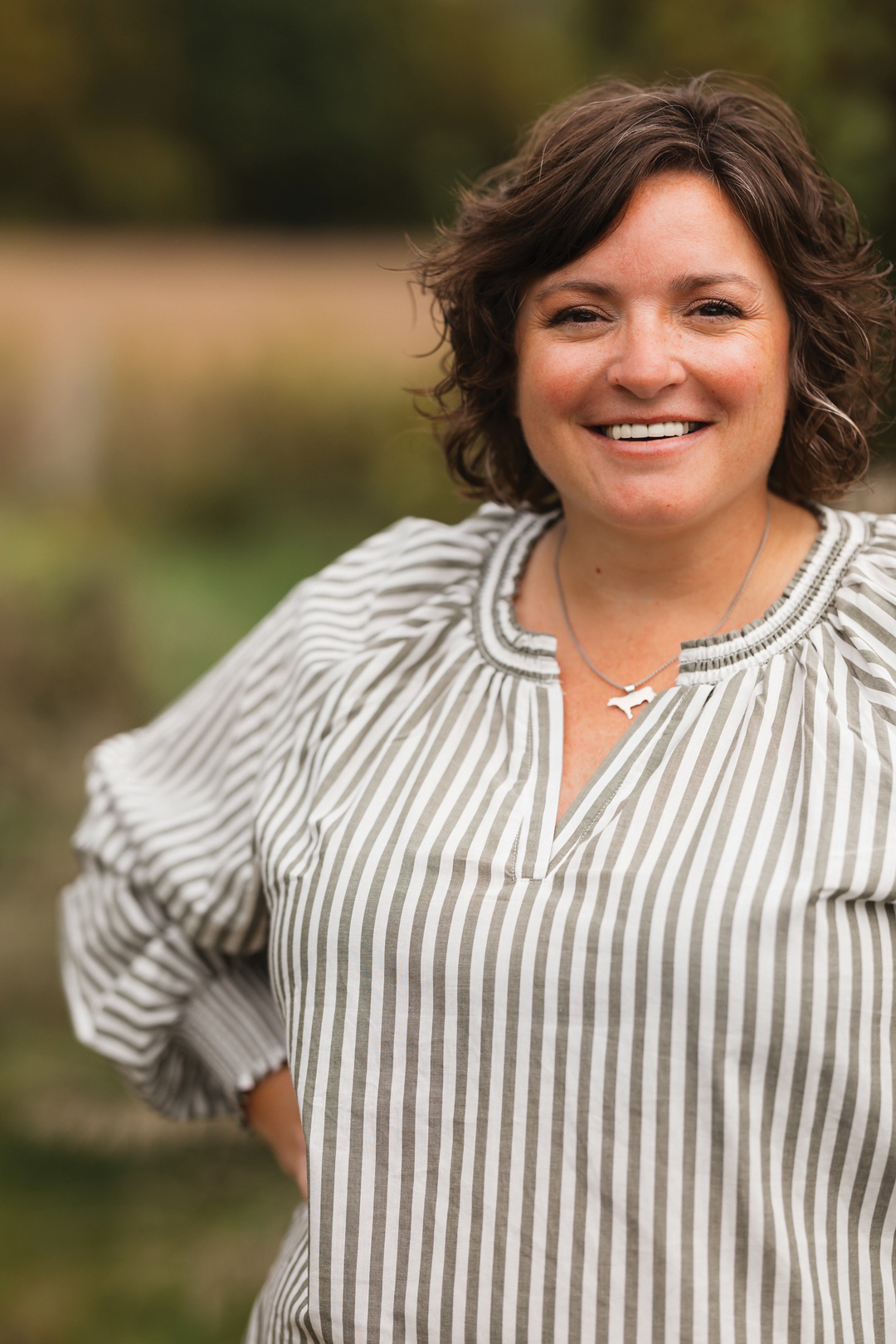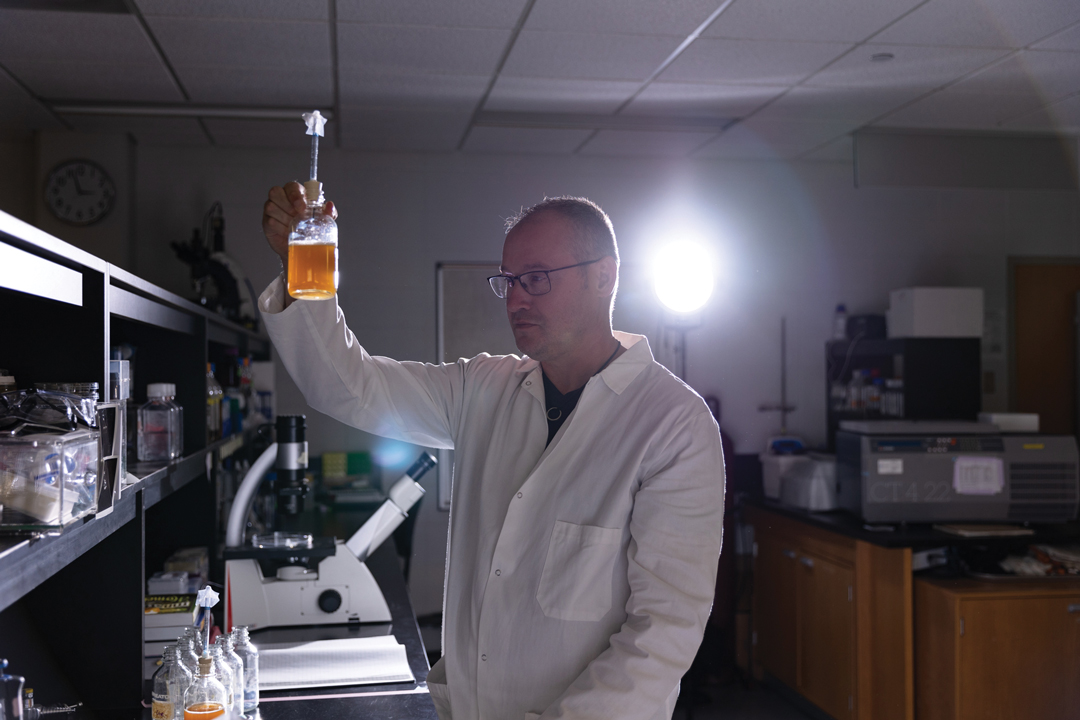CALL IT IN
BY TREVOR BACQUE
As illegal seed practices continue across Canada, a tip line has been established by the country’s biggest industry group.
Seeds Canada created the Seed Tip Line in February to combat ongoing infringement and suspicious activity. Such actions include buying bin-run seed, posting online ads for bin-run seed with the variety named, contract infringement and even coffee shop chatter.
According to Seeds Canada’s policy director Lauren Comin, unlawful activities may not be malicious. “The first thing is to determine if this is intentional,” she said. “Not everyone may be up to speed on the rules. Education is a huge part of what we do.” She has seen innocent mistakes resolved in one conversation.
All sales of PBR protected seed require authorization from the breeder and use of the variety name. Protected seed cannot be sold as common seed which, under the Seeds Regulations, is a class of seed that can be sold farmer to farmer that must not be identified as a specific variety. The sale of a protected variety as common seed often occurs despite being protected under plant breeders’ rights (PBR) legislation. Both buyer and seller could be held liable for infringement.
Comin said the goal is to resolve situations without litigation, and plant breeders just want to be compensated fairly for their work. After all, she pointed out, it’s not just the rights holder of the seed intellectual property that loses out.
“Every instance of infringement means investment isn’t going back into the system, and there’s not a return into that innovation cycle. That is what it’s really all about,” she said. “We want to make sure Canada can continue to advance agriculturally and remain competitive.” Farmers generally understand why intellectual property protection is there, she added, and don’t want to lose the benefits the system creates.
However, in the event someone is unrepentant, the only recourse is for the rights holder to litigate directly against the person with no government support. While Seeds Canada would not share the number of cases launched in recent years, it’s been enough to establish the tip line that allows people to leave a message about possible illegal or suspicious activity.
Seeds Canada’s intellectual property programs manager Mel Reekie monitors the tip line and said calls came in just a week after its creation. Tips can also be made online. “One of our bigger drivers of the Seed Tip Line isn’t to measure ‘this many’ call-ins, but we also want the awareness,” she said. “We want the message amplified throughout industry to know that people can report confidentially.”
Illegal seed practices occur around the world. Comin said most countries that have problems are not part of the UPOV ’91 convention that protects PBR.
In a prepared statement, the Canadian Food Inspection Agency (CFIA) said, “Unauthorized propagation or sale of PBR-protected seed undermines the integrity of Canada’s seed system and innovation in the agriculture sector. The CFIA supports industry-led efforts to effectively enforce their rights and curtail infringement in the marketplace. The CFIA remains committed to working with breeders, producers, and industry partners to uphold the value of intellectual property in Canadian agriculture.”
To report suspicious activity, visit seeds-canada.ca/en/report/.







Comments